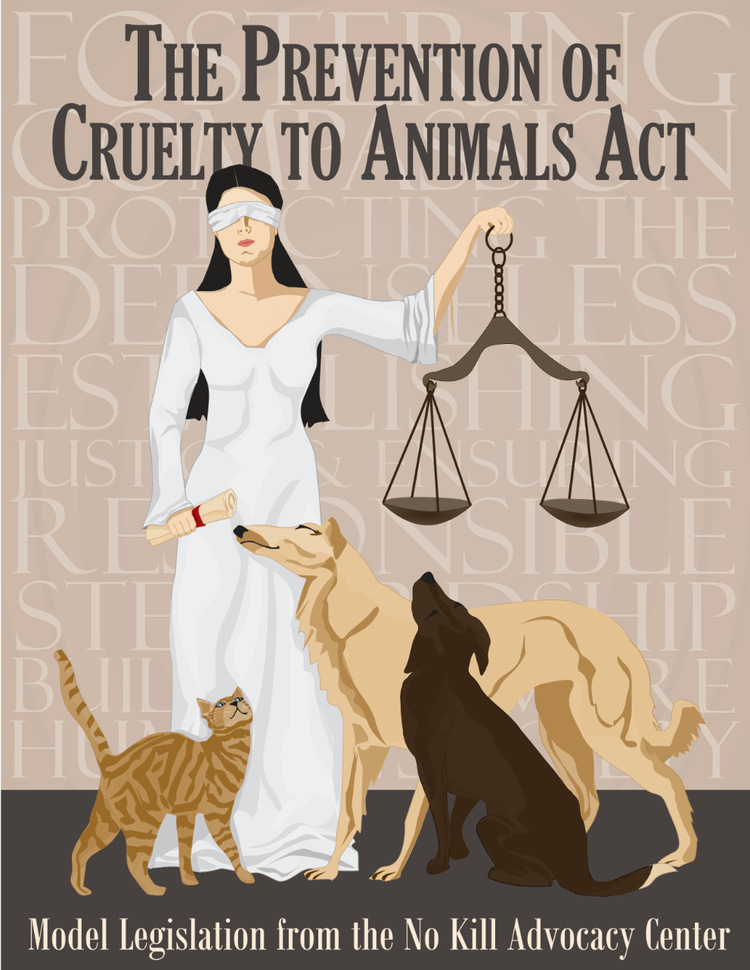Lawsuit: ASPCA execs are not just enriching themselves while animals suffer; they are enriching their friends, too
This and other news for the week ending May 30, 2025
In other news: County proposes one-strike rule for animal abuse. A statewide animal abuser registry. Another week, another pet food recall. Even minimal enrichment improves dog behavior in shelters. Dogs may be replacing children in developed nations. Another state falsely claims to be No Kill. Flight makes emergency landing to save a dog’s life. Communities are looking for people to run or to help run their animal shelters: do you have what it takes to save lives? The right to life and rescue.
These are some of the stories making headlines in animal protection:
Former Executive Alleges ASPCA Fraud

The former Chief Financial Officer (CFO) of the American Society for the Prevention of Cruelty to Animals (ASPCA) has filed a lawsuit alleging wrongful termination and financial misconduct within the organization. He claims he was fired after raising concerns about the ASPCA’s financial practices, including the issuance of over $340 million in no-bid contracts since 2016. He asserts that these actions violated state laws governing non-profits and misused donor contributions intended for animal welfare.
For example, the former CFO objected to awarding a $2 million contract to an unqualified vendor with personal ties to an ASPCA executive. Additionally, the former CFO claims he was removed from an internal safety committee after highlighting serious issues with animal transport vehicles, including a brake failure that nearly resulted in a catastrophic accident. In another case, the ASPCA transported 20 dogs from Mississippi to Wisconsin during a heatwave. The dogs were packed tightly in crates (secured with bungee cords). There was no climate control, no ventilation, and no one checked on the dogs during the 700-mile journey. When ASPCA transporters arrived in Wisconsin and opened the cargo door for the first time, all 20 dogs were dead.
The complaint also accuses ASPCA CEO Matthew Bershadker of retaliatory behavior, including threats of termination if the former CFO reported concerns to the board and spreading false performance criticisms. He also alleges that he was ultimately fired for refusing to approve a flawed audit that lacked critical information. Despite previously receiving positive evaluations, he contends that his dismissal was a direct result of his whistleblowing activities.
A prior investigative report found that “the ASPCA in 2021 had $390 million in revenue and $575 million in assets, including $310 million in investments and $105 million in savings,” but spent very little on helping animals in shelters, about 2%. In addition, it “has about $11 million in offshore accounts in the Caribbean, while tax filings show ASPCA CEO Matt Bershadker rakes in nearly $1 million a year and 259 of his employees make six figures.”
Aside from financial misappropriation, the ASPCA also intentionally harms the animals it fundraises off of. For example, the ASPCA frequently fights legislation to protect animals in shelters and, by ignoring emergency calls, allowed dogs across New York City to starve to death.
County proposes one-strike rule for animal abuse
If a proposed new ordinance in Nassau County, New York, is passed, animal abusers will remain on the county’s animal abuser registry for a lot longer — 10 years for first-time offenders and 20 years for repeat offenders. Additionally, anyone on the registry who resides with an animal will be charged with a misdemeanor, which carries a fine of $1,000 or more and up to one year in jail.
By knowing the right lies to tell and which truths to omit, convicted animal abusers can potentially acquire animals from people who lack access to valuable information to help them make better, more informed choices. An “Animal Abuser Registry,” modeled on laws now protecting children, strips abusers of this advantage by requiring those convicted of cruelty and cruelty-related offenses to register with the state. The information on the registry is available to shelters, rescue groups, pet stores, breeders, and the public. Abusers are not permitted to have animals, and giving or selling an animal to them is illegal.
The No Kill Advocacy Center has model legislation for individuals seeking to enact a similar law in their city, county, or state.
A statewide animal abuser registry


